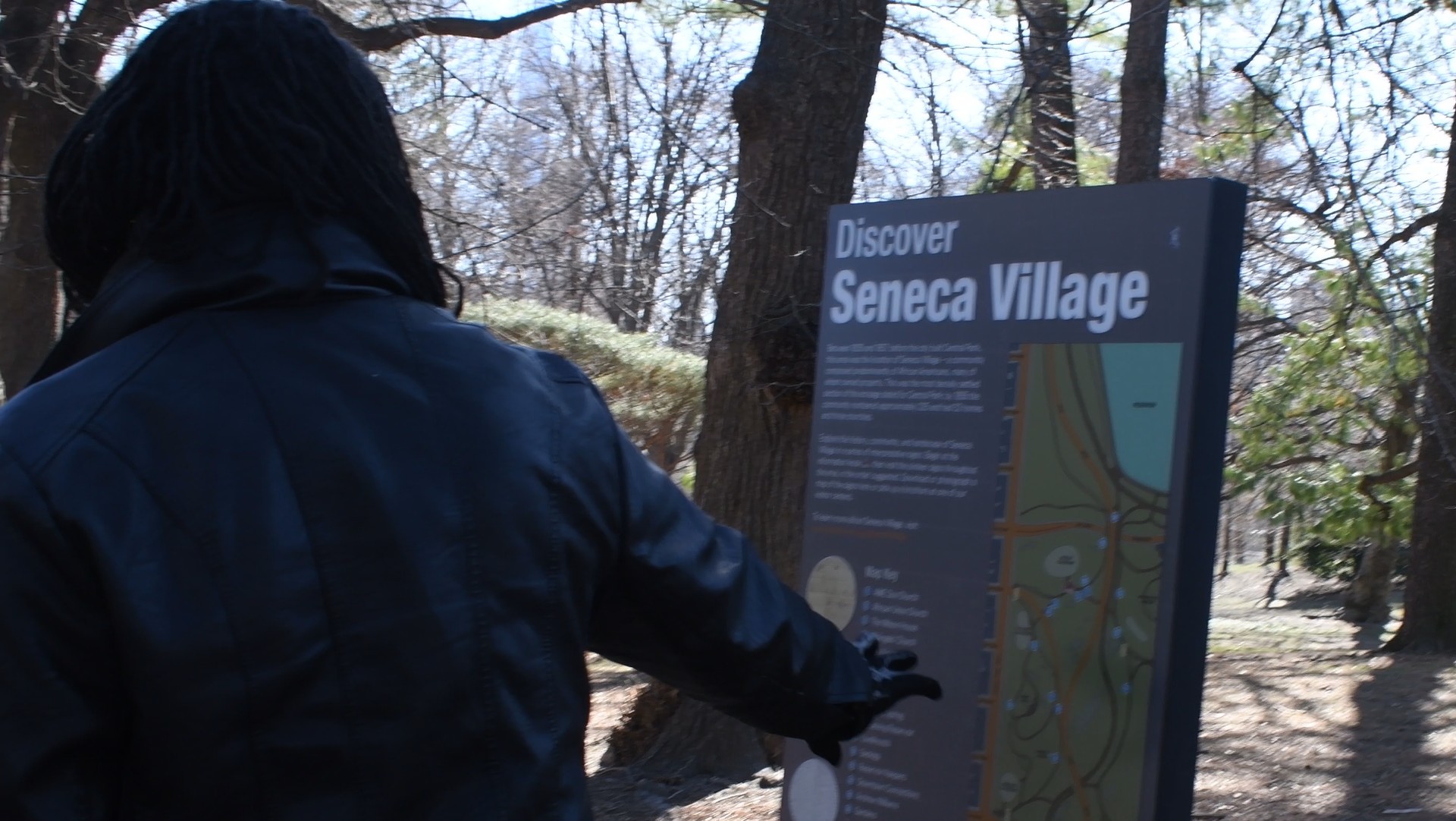With unemployment at its peak, and against the backdrop of the sweltering sun, the word on the streets of Jersey City is that this is going to be a “long, hot summer.” In the ghetto, that is an omen for untold gang violence — the gravest omen in years, advocates said.
“People are hot, miserable, and they ain’t got no money,” said Annette Joiner, executive director of Friends of the Lifers. Her organization advocates for former and current gang members, among other formerly incarcerated individuals. “It’s going to run rampant out here,” she said.
To some community leaders, addressing the current gang situation is such a broad issue that often evokes a finger-in-the-dam hopelessness. But Ben Wilson would rather count the fingers he has than the ones he doesn’t.
“The gang problem is a social problem,” said Wilson, executive director of the Gang Awareness and Intervention Network.
But there are some reforms to the current law-enforcement approach that could bring about change, he said.
Jersey City is currently home to about 40 gangs, including every major “super gang,” such as the Bloods, Crips, Latin Kings and Dominicans Don’t Play. But what is unique about the current situation is that gang leaders are younger in age than ever before. The current suppression approach in law enforcement — not just in terms gang violence, but for minor criminal acts as well — has knocked off older gang leaders. The reins of are left to kids.
“Insanity,” Wilson said, describing the current randomness and volatility of gang violence.
In this slideshow, Wilson opens up the streets of Jersey City like never before through the eyes of a police officer. Wilson has spent more than 15 years in the Jersey City Police Department, and was a founding detective in the city’s gang investigative unit.
A Jersey City kid, born and raised, Wilson still lives in his childhood home in Greenville, the poorest, most crime-ridden and arguably gang-infested neighborhood in the city. Unlike many police officers in Jersey City, he lives in the community he serves — one of his greatest assets, he said. According Councilman Michael Sottolano, (D-Greenville), 40 percent do not live in Jersey City. The exam for new officers, however, is now placing preference on Jersey City residents, Sottolano said.
Wilson’s views are often quirky and unconventional. He is pair of opposites. As an art major, he is “fascinated and intrigued by some forms graffiti,” just not the kind you see on the side of homes, which are cryptic forms of gang communication “meant to intimidate.”
He is also critical of the current prison system.
“Police take a one-dimensional approach, usually, to solving the gang problem,” he said. “That approach is suppression. We make arrests.”
But make no mistake. Wilson does not overlook the necessity of prison for the most violent, hardcore gang members.
“Jail is a necessity for some people,” he said.
There is, however, something called discretion. By locking up young people who commit relatively minor offenses, they are often coddled, conditioned and groomed to be future hardcore members by the hardcore member they encounter while behind bars, he said.
There is also a tinge of bitterness in Wilson’s tone.
He tallies the days until his retirement.
Some could argue that Wilson has become soured by some of what he has seen — the complacency and indifference in the city at large. But Wilson puts a more positive spin on his obsessive counting of the days: His desire for reform overreaches his current office as a police officer.
“I’m gonna be a pain in the ass when I retire,” Wilson said, with wide smile.
While Wilson muses freely about the current ills contributing to the gang problem — such as social engineering, lack of youth activities, graffiti, broken system of gang labels and “the prison business” — there is one thing you won’t hear him talk about.
He refuses to say that it’s going to be a “long, hot summer,” because he thinks it’s a self-fulfilling prophecy.
“It’s sowing the seed,” Wilson said about the phrase. “I’d rather see people start a summer program for the kids.”
Of course, that’s not to say he doesn’t believe it to be true.


Comments
[…] the full article here. Like this:LikeBe the first to like this post. « Previous post Next post […]